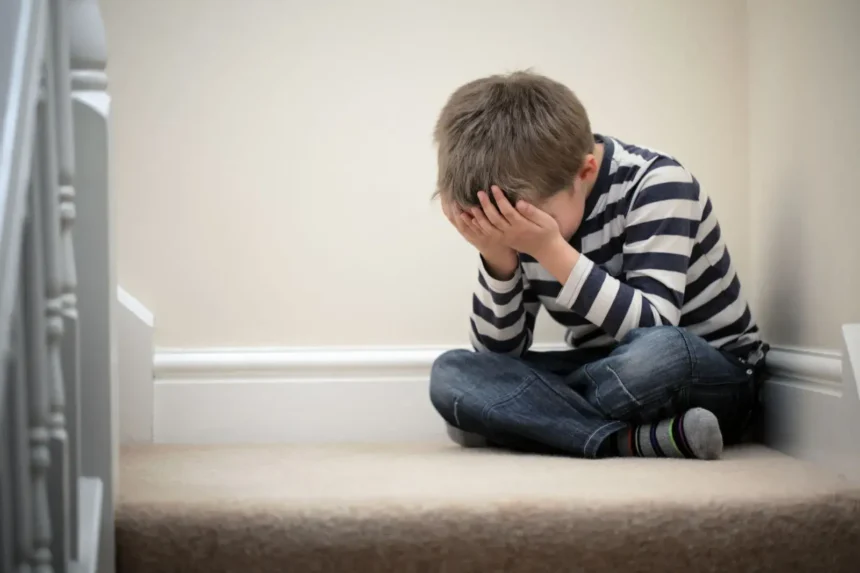Your childhood shapes who you become as an adult. The relationships, experiences, and environments from those formative years create patterns that follow you into adulthood. Research consistently shows that early life experiences directly affect adult mental health outcomes. Understanding this connection offers a pathway to healing and growth. Here are a few of the effects of childhood experiences on adult mental health:
Attachment Shapes Development
The bonds formed in childhood guide how people relate to others as adults. Children with consistent, supportive caregiving often develop confidence, curiosity, empathy, and strong social skills. These early experiences influence how they handle emotions, solve problems, navigate challenges, and connect with others.
When caregiving is unpredictable or missing, different patterns emerge. Adults who grew up with these dynamics may struggle with trust, communication, and intimacy, and sometimes repeat unhelpful relationship cycles. Understanding attachment styles could reveal why specific challenges arise and open clear paths for meaningful mental health.
Trauma Influences Behavior
Childhood trauma influences brain development and stress responses. Experiences such as abuse, neglect, or household dysfunction shape how the brain interprets and reacts to threats. These patterns can continue into adulthood. Adults who experienced childhood trauma may encounter challenges, including:
- Difficulty managing emotions
- Challenges in forming close relationships
- Heightened stress reactions
- Patterns of avoidance or hypervigilance
- Impacts on overall well-being
The body often retains memories the mind may overlook. Trauma responses can appear as heightened alertness, emotional withdrawal, or struggles with trust. Support from trained professionals can guide adults in processing these experiences and developing more effective coping strategies.
Family Shapes Patterns
Family communication styles and conflict resolution patterns influence adult behavior. Children observe how caregivers express emotions, and families that dismiss or punish feelings often teach children to suppress them. Adults from these backgrounds may struggle to identify or express emotions and sometimes avoid or mishandle conflict. In contrast, families that model healthy communication provide a foundation for adults to navigate relationships and stress more effectively, and developing these skills later in life can support stronger connections and emotional awareness.
Environment Impacts Growth
Childhood poverty, unstable housing, and community violence influence mental health development. These stressors keep stress response systems constantly active, which can affect both mind and body. Limited access to resources compounds these challenges, as children may not receive adequate nutrition, healthcare, or educational support.
Not all childhood experiences lead to negative outcomes. Supportive relationships and positive experiences build resilience, and having even one caring adult can make a meaningful difference. Activities that develop confidence and competence, such as sports, arts, academics, or community involvement, offer structure, teach problem-solving, and encourage perseverance.
Breaking Cycles Matters
Patterns from childhood can influence how adults relate to themselves and others. Parents sometimes recreate dynamics from their own upbringing without realizing it. Therapy and other professional support offer tools to process early experiences, adjust unhelpful patterns, and strengthen relationships. Combining different approaches, including behavioral strategies and, when appropriate, medication, can address both psychological and biological factors.
Start Your Mental Health Journey
Childhood experiences shape how people respond to challenges, but they do not define the future. Recognizing these patterns can open growth opportunities, and professional support helps guide the way. Approaches that address underlying issues while building practical skills often lead to meaningful progress. Taking steps to explore these patterns can help create positive changes in daily life.





